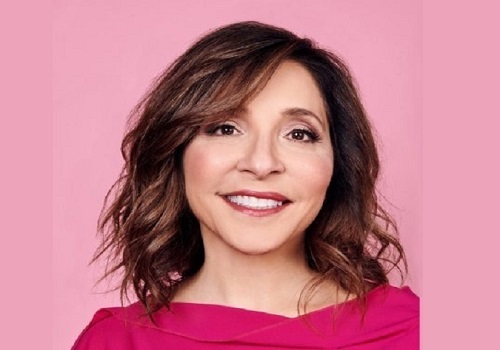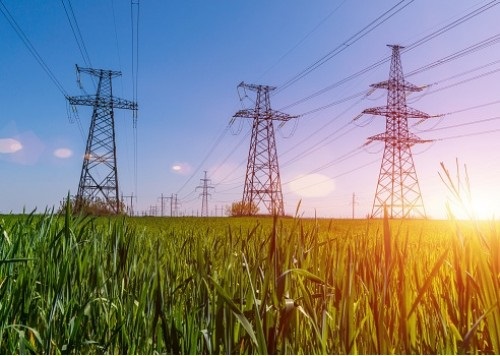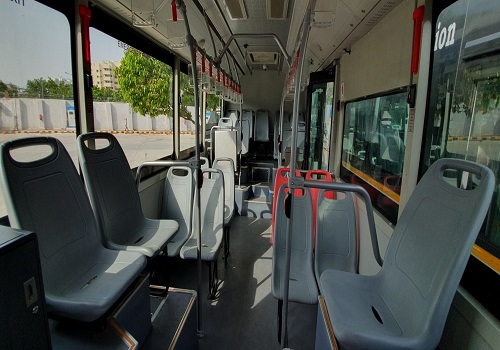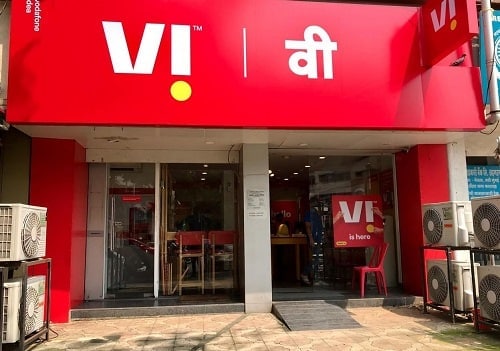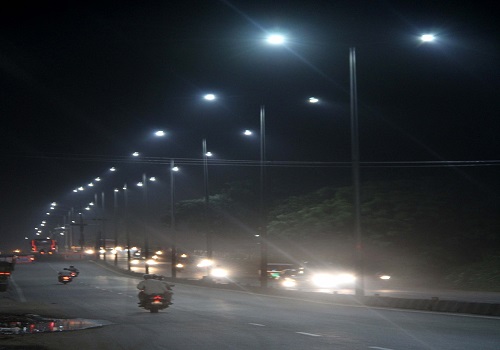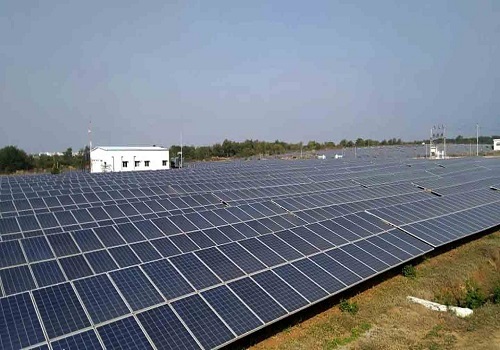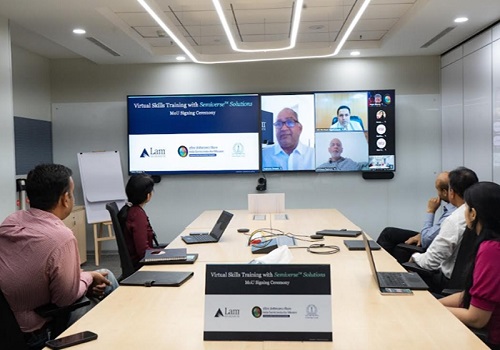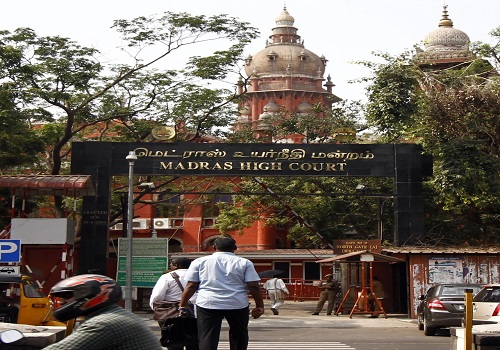CESL to set-up 900 more EV charging stations in 2022
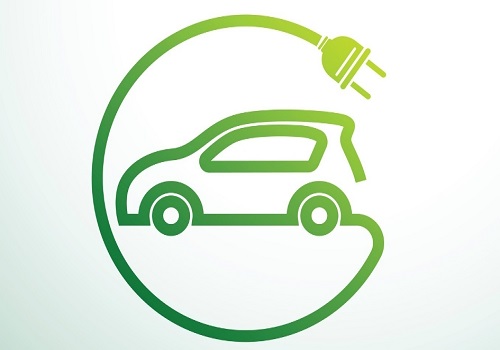
Follow us Now on Telegram ! Get daily 10 - 12 important updates on Business, Finance and Investment. Join our Telegram Channel
State-run Convergence Energy Services Limited (CESL) plans to install at least 900 more electric vehicle (EV) charging stations in the country in 2022.
CESL is a wholly owned subsidiary of Energy Efficiency Services Limited (EESL) - an entity under the Ministry of Power.
In a conversation with IANS, CESL's MD Mahua Acharya informed that 396 charging stations have already been installed across India.
"As on date, 396 charging stations have been installed across the country, out of which 166 are commissioned," she said.
"When we see a projection for 2022, we are doing all we can to expand the number of charging stations in the country – including install or enable the installation of another 900 more."
At present, the state-run firm has tied up with various private and public companies to set up public charging infrastructure.
It has also partnered with urban local bodies to create such infrastructure.
One of the main requirements to set up charging infrastructure is the availability of 'land', which in most cases, is provided free of cost by most municipal bodies or firms for public chargers to CESL.
Currently, many automobile companies and other private players, including standalone charging infrastructure developers, are also installing these facilities.
Besides, the company intends to accelerate the adoption of e-vehicles in the country.
Recently, it launched the 'MyEV' app – a digital marketplace to enable the deployment of electric vehicles in the country.
Notably, Kerala became the first state to launch the digital marketplace – 'MyEV' which will enable easy access to consumers for booking and buying electric two-wheelers.
In addition, the company runs -- Gram Ujala -- scheme under which it provides high quality 7-Watt and 12-Watt LED bulbs with 3 years guarantee at a cost of Rs 10 per bulb in exchange of working incandescent bulbs.
This program is uniquely financed with carbon credits; achieving these low sale prices.
The programme is being implemented in rural households in Bihar, Uttar Pradesh, Andhra Pradesh, Karnataka, and Telangana.
Currently, CESL focuses on energy solutions that are at the confluence of renewable energy, electric mobility, and climate change.
It employs unique business models by utilising a blend of concessional and commercial capital, carbon finance and grants to enable commercialisation of these clean energy solutions at scale.













